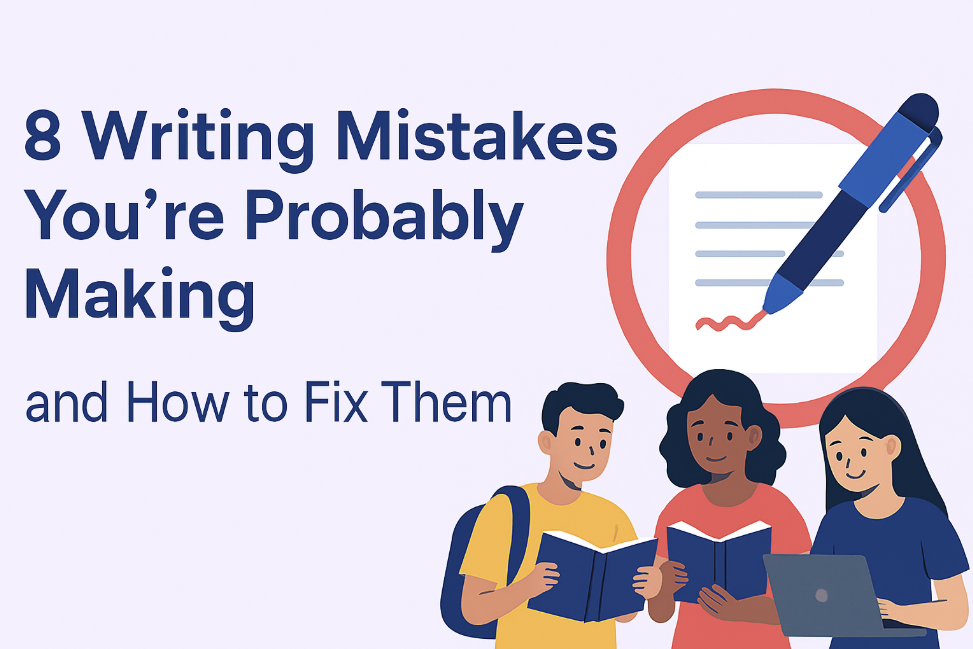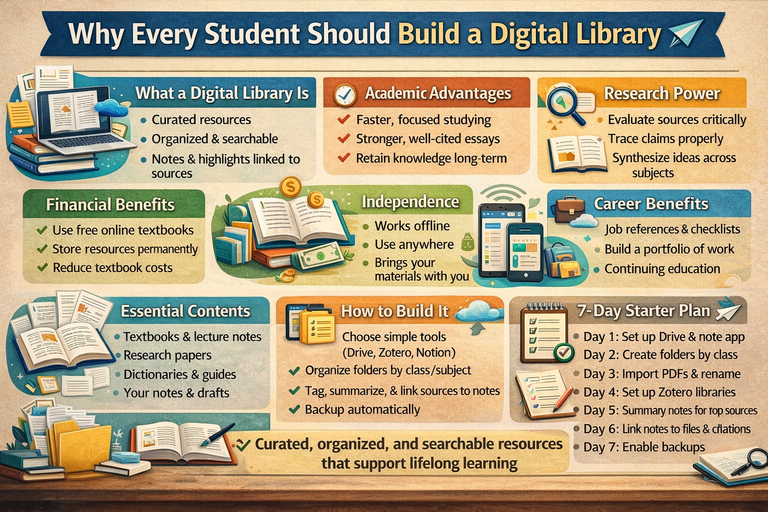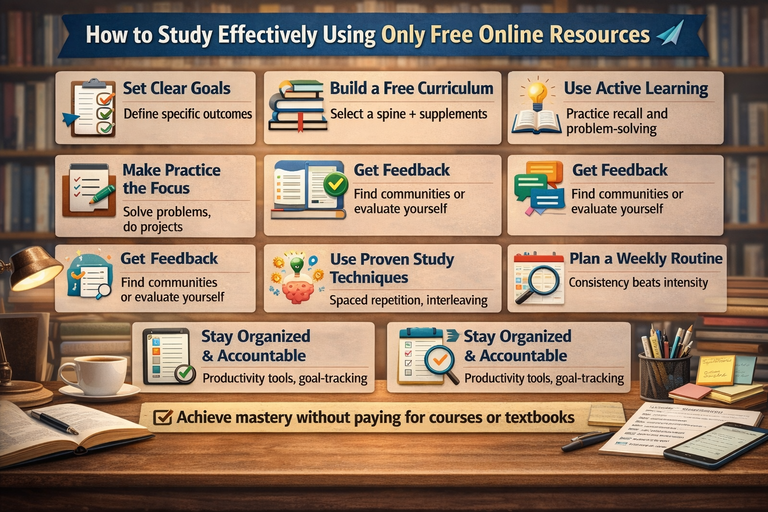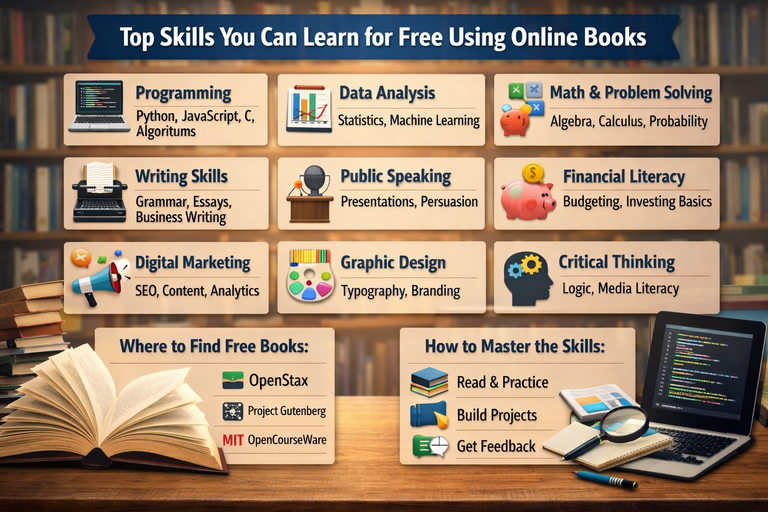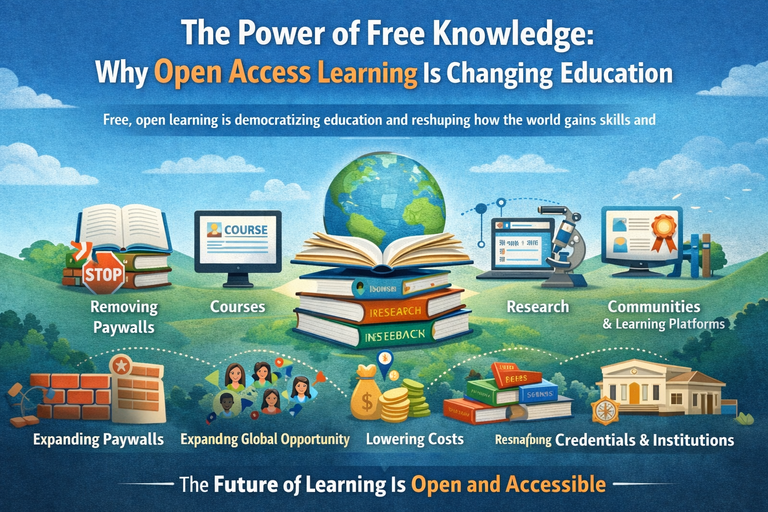Employment Books That Focus on Skills Over Job Titles
In a world where job titles evolve faster than ever and career paths are no longer linear, focusing solely on your job title when applying for roles is no longer enough. Today’s employers aren’t just interested in what your title says — they want to know what you can do. That’s why some of the most influential employment books today emphasize the power of skills over job titles.
Whether you’re switching industries, starting over, or trying to stand out in a crowded job market, skills-first thinking is becoming the cornerstone of modern career development. And the best part? There are plenty of excellent books out there that help you shift your mindset from titles to talents — and build a resume and professional identity around what truly matters.
In this post, we’re diving into the top employment books that prioritize skills over job titles, why that matters, and how you can apply their lessons to your job search and career strategy.
Why Skills Matter More Than Ever
Let’s face it — job titles can be misleading. A “marketing coordinator” at one company might be doing the work of a “marketing director” at another. A “data analyst” might also be writing code, managing projects, or building dashboards. With such variation, employers are starting to care less about the label on your LinkedIn profile and more about your actual capabilities.
More importantly, today’s job seekers often wear many hats. Freelancers, career changers, and startup employees have blended roles that don’t always fit into neat titles. That’s why building a resume — and a career narrative — based on skills offers greater flexibility and clarity.
This approach also opens up more job opportunities. When you search for jobs based on skills (like project management, content creation, or SQL), you may find roles that never would have appeared under your current job title.
Let’s explore the books that are leading the charge in this skills-first career strategy.
1. “Designing Your Life” by Bill Burnett & Dave Evans
This book isn’t just about career design — it’s about life design. But what makes it stand out in the employment world is its emphasis on identifying what you’re good at and using those strengths to build a career that fits.
The authors guide readers through exercises that help uncover both hard and soft skills. More importantly, they help readers connect those skills to various career paths — not just the one they happen to be in now.
Key takeaway: Don’t limit your career to a title. Map out your skills and see where they might lead — often, to surprising and fulfilling places.
2. “Skills for Success” by Stella Cottrell
This practical guide focuses on helping students and early professionals identify and develop transferable skills. From critical thinking and communication to time management and digital fluency, this book emphasizes the skills that matter across all industries.
It’s not just for students. Mid-career professionals can also use it to refresh their understanding of the skills that employers value most today.
Key takeaway: Your ability to adapt, learn, and apply core skills matters far more than the job title on your last business card.
3. “The Squiggly Career” by Helen Tupper and Sarah Ellis
Gone are the days of climbing the traditional career ladder. Today, it’s more like a zig-zag path — or as the authors call it, a squiggly one. This book is a modern career handbook that helps people make peace with the nonlinear journey by focusing on capabilities, not positions.
It teaches readers how to identify their strengths, build confidence, and embrace lateral moves that align with their values and abilities rather than just chasing promotions.
Key takeaway: In a squiggly career, your title doesn’t define you — your skills do. That’s what employers care about, too.
4. “Now, Discover Your Strengths” by Marcus Buckingham and Donald O. Clifton
This classic book (along with the StrengthsFinder assessment) is designed to help you identify your core talents. Once you know what you naturally excel at, you can structure your career around those strengths — even if they don’t match your previous job titles.
It’s especially useful for people looking to change careers or those who feel pigeonholed by past roles.
Key takeaway: Knowing and articulating your strengths is more useful than reciting your job history. Use your skills to tell your career story.
5. “The Start-Up of You” by Reid Hoffman and Ben Casnocha
Co-written by LinkedIn co-founder Reid Hoffman, this book encourages readers to think of themselves as a business — and to evolve like one. Instead of building your career around promotions, you build it around your ability to learn, adapt, and develop in-demand skills.
It’s packed with practical strategies for networking, self-marketing, and using your existing capabilities to enter new industries or roles.
Key takeaway: Your job title might change, your company might fold, but your skills stay with you — and that’s your most valuable currency.
6. “Job Shift: How to Prosper in a Workplace Without Jobs” by William Bridges
This book was ahead of its time. Long before the gig economy and hybrid work models, William Bridges predicted a world where the job as we know it would disappear. His argument? What matters most is your skill set — not your employment label.
In today’s world of freelance work, project-based hiring, and side gigs, his insights ring truer than ever.
Key takeaway: Think of yourself not as someone with a job, but as someone with a toolkit. That toolkit — your skills — is what gets you hired.
7. “Pivot: The Only Move That Matters Is Your Next One” by Jenny Blake
If you’re thinking about changing careers, Jenny Blake’s “Pivot” is a must-read. She lays out a system for mapping out your strengths, interests, and skills to make smart moves into new territory.
Rather than focusing on traditional upward mobility, the book encourages lateral growth and skill-based career pivots.
Key takeaway: Career growth doesn’t mean climbing. Sometimes, the smartest move is sideways — as long as you’re building your skills.
Applying These Lessons to Your Resume and Job Search
So how do you turn this skills-first thinking into action?
Here are a few practical ways to build your resume and career identity around your skills, not just your roles.
1. Start with a Skills Summary
Instead of listing only your most recent job title, start your resume with a summary of skills. This could include:
-
Strategic planning
-
Digital marketing
-
Financial modeling
-
Team leadership
-
UX design
-
Public speaking
This helps employers see what you can do, not just what you have done.
2. Organize Your Resume Around Core Competencies
Instead of just listing jobs chronologically, consider grouping your experience by key skill areas — especially if you’re a freelancer, consultant, or career changer.
For example:
Project Management Experience
Content Strategy & Writing
Data Analysis & Reporting
This helps emphasize your transferable skills, even if your roles were varied.
3. Use Skill-Based Keywords in Your Applications
Many employers now use skills-based job descriptions and applicant tracking systems (ATS) that scan for those skills. Make sure your resume includes the right keywords — not just titles — to pass through the filters.
4. Build a Skills-Driven Online Profile
Your LinkedIn profile should showcase your skills as much as your titles. Use the “Skills” section thoughtfully, highlight projects, and write a headline that reflects your talents, not just your current job.
Final Thoughts
Job titles might be catchy, but skills are your true value. The job market is changing — fast — and the people who thrive in it are those who know what they bring to the table, beyond what their last job was called.
The employment books mentioned in this post offer powerful strategies for navigating this shift. Whether you’re reentering the workforce, making a big pivot, or just trying to stay relevant in a changing world, focusing on skills over job titles will help you stand out — and succeed.
At Junkybooks, we believe in learning from the best. These books don’t just teach you how to get a job — they teach you how to understand your strengths, articulate your story, and move forward with confidence.
Ready to start building your skills-first resume? Start with one of these books and see how far your talents can take you.



